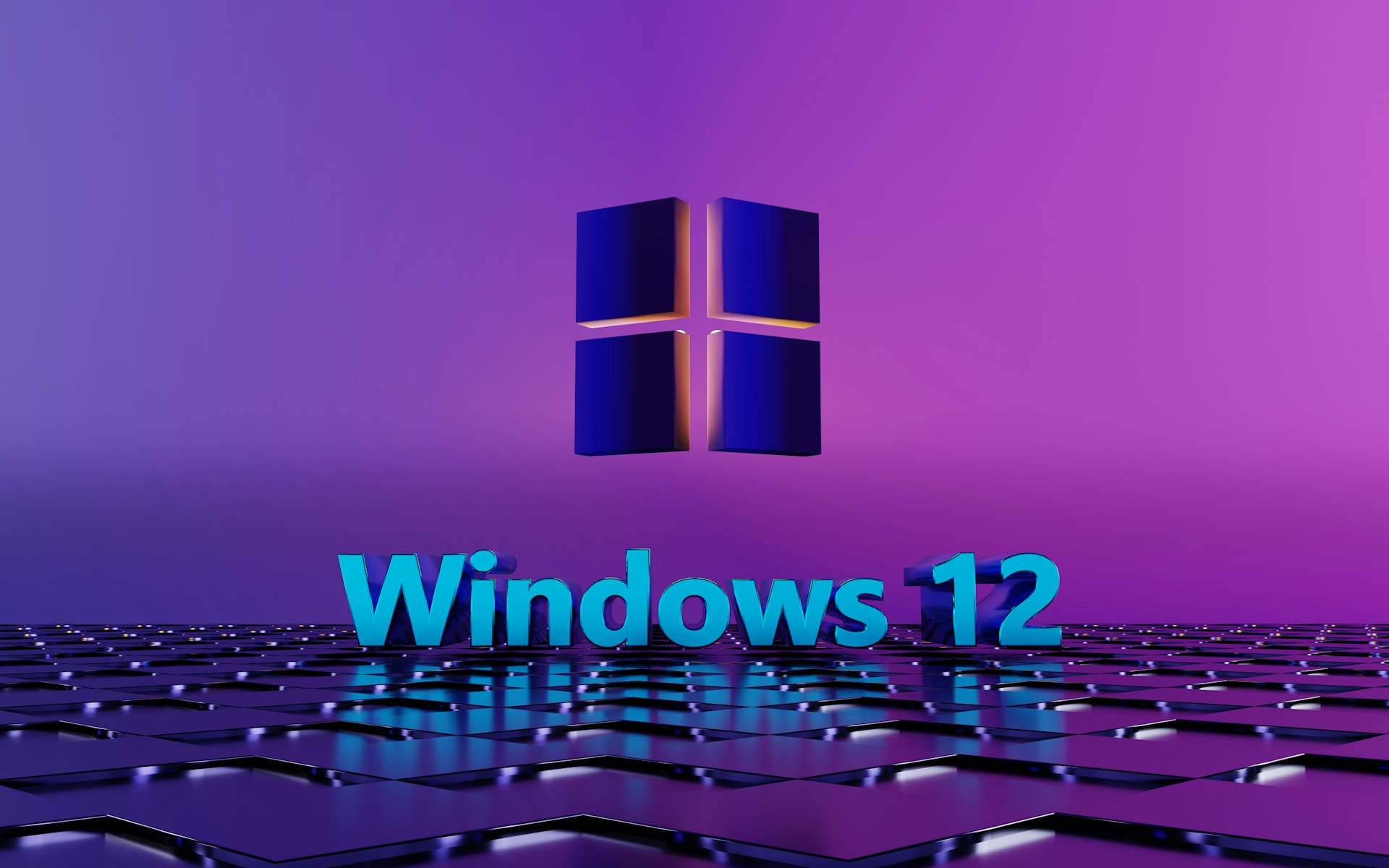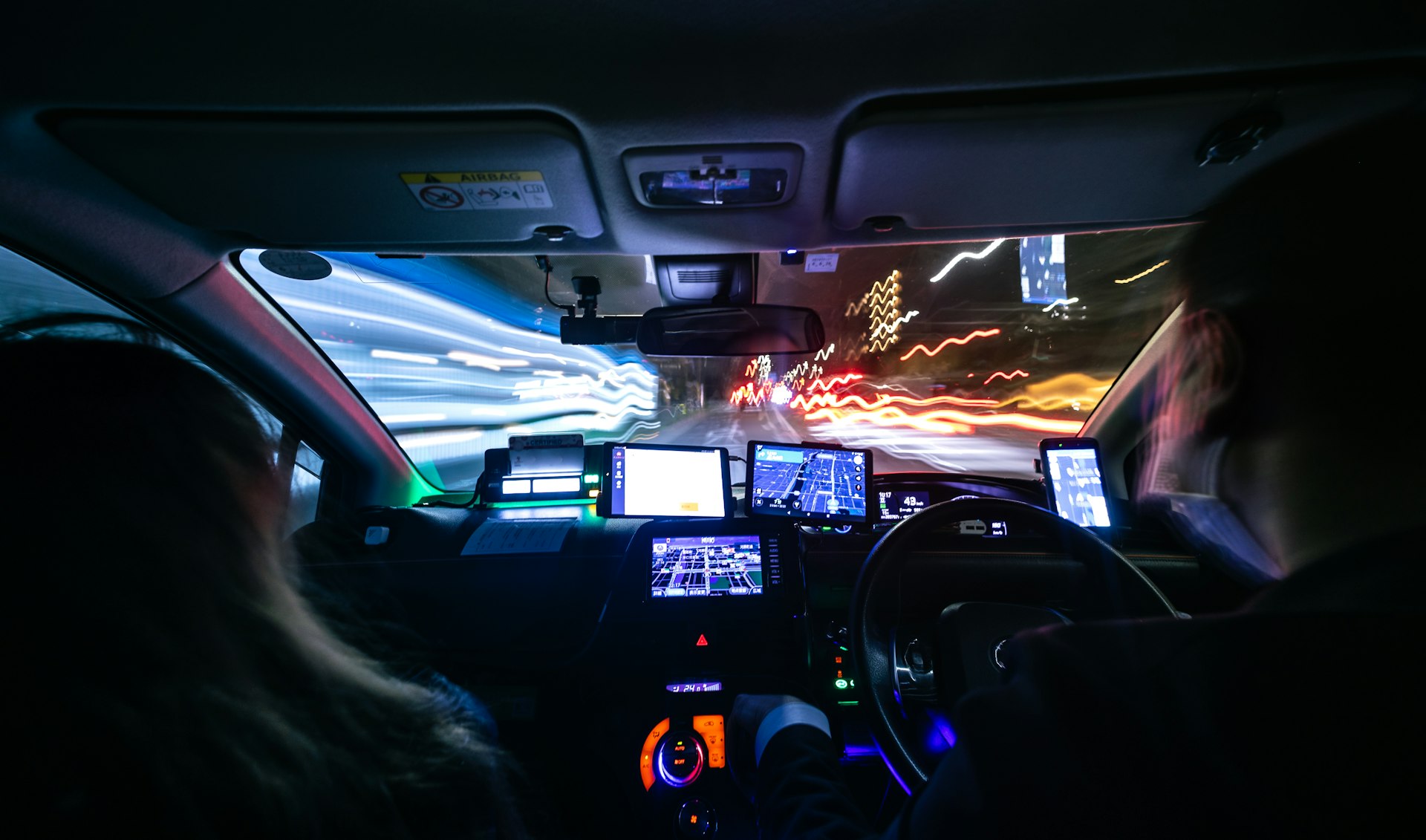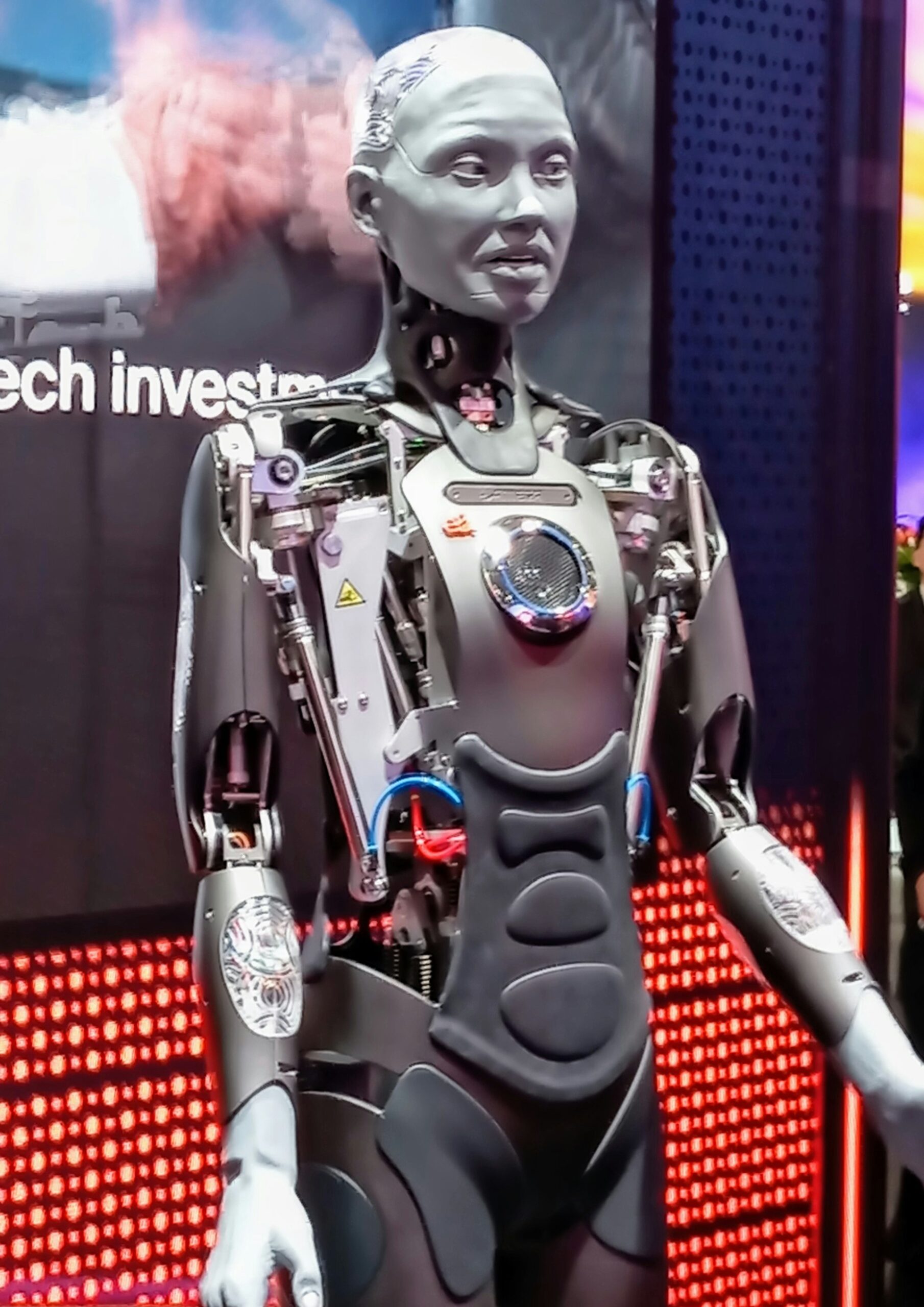Unlocking the Next Era: What the Future Holds for Decentralized Autonomous Organizations

Photo by Imam Fadly on Unsplash
Introduction: The Rise of Decentralized Autonomous Organizations
Decentralized Autonomous Organizations (DAOs) have quickly evolved from a technological experiment to a transformative force in the digital economy. By 2025, over 13,000 DAOs are active worldwide, marking a 30% compound annual growth rate since 2021 [2] . DAOs allow groups to make decisions, allocate resources, and drive projects without traditional management structures. Powered by blockchain and smart contracts, they offer transparency, efficiency, and global accessibility. Understanding the future of DAOs is essential for innovators, investors, and anyone interested in the next phase of digital collaboration.
How DAOs Work: Structure and Governance
At their core, DAOs are blockchain-based entities governed collectively by members. Instead of a central authority, governance is carried out through smart contracts-self-executing code that enforces rules, manages funds, and executes decisions [3] . Members hold governance tokens, which represent voting power in the organization. All votes and transactions are recorded transparently, ensuring accountability and fairness. This model enables DAOs to operate efficiently, even across international borders or among communities who may never meet in person.
To get involved with a DAO, you typically:
- Research DAOs aligned with your interests (such as DeFi, gaming, or philanthropy).
- Acquire governance tokens through purchase or contribution.
- Participate in proposals, discussions, and voting via the DAO’s platform.
- Engage via official communication channels, such as Discord, Telegram, or the DAO’s web forum.
Because each DAO has its own structure, it’s important to review their governance documents-often found on their official website or documentation portal-before participating.
Key Trends Shaping the Future of DAOs
The landscape for DAOs is rapidly evolving, with several major trends emerging in 2025:
1. Delegate-Based Voting and Governance Innovation
Traditional one-token-one-vote models can overwhelm participants. Delegate-based voting is becoming the norm, allowing members to assign their voting power to trusted representatives or experts [1] . This streamlines decision-making and boosts engagement, as delegates often have more bandwidth and expertise to evaluate complex proposals. Popular platforms such as Tally and Agora have developed tools to make delegation seamless, and some DAOs now incentivize delegates for performance and transparency.
Actionable Guidance: If you want to become a delegate, start by building a reputation through consistent participation in discussions and proposal reviews. DAOs often provide dashboards to monitor delegate performance and accountability.
2. AI Integration and Automation
Artificial intelligence is increasingly used to assist DAOs in summarizing proposals, simulating outcomes, and detecting bad actors. AI-powered tools help reduce information overload and can even autonomously manage routine tasks such as grant distribution and forum moderation [1] . This leads to faster, more informed governance while maintaining human oversight.
Practical Steps: DAOs interested in AI should:
- Evaluate open-source AI governance tools that interface with their blockchain platform.
- Establish clear guidelines for the scope and limits of automation.
- Encourage member feedback on AI tool performance and transparency.
3. Broader Industry Adoption and Real-World Applications
DAOs are now integral to multiple sectors, from finance to supply chain management, gaming, and non-profit initiatives [4] . Their ability to facilitate transparent, low-cost, and borderless collaboration makes them attractive for businesses and communities alike.
Examples: Some DAOs focus on managing decentralized finance (DeFi) protocols, while others fund public goods, organize global communities, or even govern digital art collectives. Researching case studies on DAO platforms like MakerDAO, Gitcoin, or MolochDAO can provide inspiration and concrete models for implementation.
4. Enhanced User Accessibility and Eco-Friendly Solutions
Recent developments are making DAOs more accessible through streamlined user interfaces, onboarding guides, and integrations with popular wallets. There is also a growing emphasis on eco-friendly blockchain choices, reducing the environmental impact of DAO operations [4] .

Photo by GuerrillaBuzz on Unsplash
If you are new to DAOs, look for projects that offer step-by-step onboarding, educational materials, and robust support channels. Many leading DAOs provide these resources on their official sites or documentation hubs.
Legal and Regulatory Challenges
One of the most significant hurdles for DAOs is navigating legal and regulatory uncertainty. While jurisdictions like Wyoming (USA) have formally recognized DAOs as legal entities, most countries are still developing frameworks to address issues such as liability, taxation, and compliance [5] . Switzerland, Singapore, and the European Union are actively exploring regulations, but global consensus remains elusive.
Steps for Compliance:
- Consult with legal professionals specializing in blockchain and digital assets.
- Monitor regional legislation-especially if your DAO operates internationally.
- Review the guidance from official agencies, such as the U.S. Securities and Exchange Commission (SEC), Monetary Authority of Singapore (MAS), or the Swiss Financial Market Supervisory Authority (FINMA).
If you are planning to launch a DAO, consider registering your entity in a jurisdiction with clear DAO laws. Alternatively, stay updated on regulatory developments through industry news and by joining DAO advocacy groups.
Opportunities, Challenges, and How to Get Involved
Opportunities: DAOs offer a unique path to democratized ownership, transparency, and global participation. They allow users to pool resources, share profits, and decide organizational direction collectively.
Challenges: Key issues include security vulnerabilities, voter apathy, concentration of power among large token holders, and the risk of regulatory crackdowns. Solutions include improved smart contract auditing, delegate-based voting, and innovative incentive structures to encourage active participation.
Getting Involved: To join or start a DAO, you can:
- Research existing DAOs on industry news platforms or blockchain analytics sites.
- Participate in online communities and attend DAO-focused webinars or events.
- Acquire governance tokens through recognized exchanges (always verify the legitimacy of the exchange and token).
- Engage in proposal discussions and voting through the DAO’s official portal.
If you are unsure where to begin, you can search for “top DAO projects 2025” on reputable crypto news outlets or blockchain learning academies. Many DAOs also maintain public documentation and beginner guides for onboarding new members.
Key Takeaways and What’s Next
The future of DAOs is bright, driven by technological innovation, regulatory evolution, and expanding real-world use cases. As legal frameworks mature and tools become more user-friendly, DAOs could fundamentally reshape how organizations operate and how communities collaborate [2] . For those interested in harnessing DAO technology, staying informed and proactive is essential. Whether you wish to join an existing DAO or launch your own, the opportunities are as broad as the challenges are complex. With ongoing adaptation and thoughtful governance, DAOs are poised to become lasting fixtures in the digital landscape.
References
- Liquidity Provider (2025). Top 10 DAO Projects in 2025: Best DeFi Communities to Watch.
- CoinLaw (2025). Decentralized Autonomous Organizations Statistics 2025.
- OSL (2025). DAO: The Future of Decentralized Autonomous Organizations.
- Rock’n’Block (2025). DAO Development Trends to Watch in 2025.
- Nadcab (2025). Complete DAO Guide and 2025 Trends You Need to Know.
MORE FROM findsun.net













